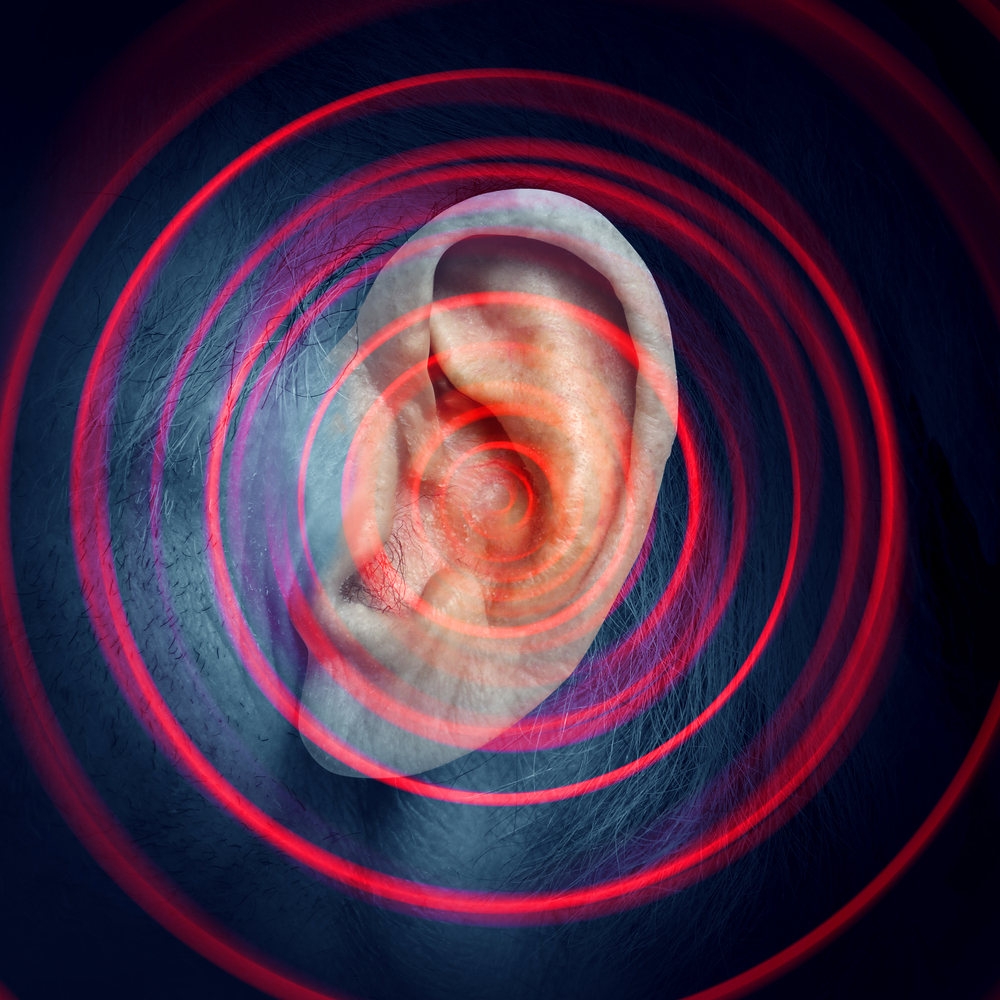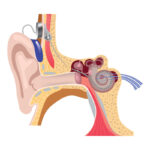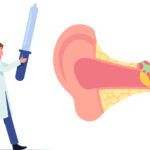How to Manage Tinnitus Stress: Your Comprehensive Guide to Effective Coping Strategies
Tinnitus is a chronic condition that can significantly impact an individual's quality of life. The constant ringing, buzzing, or hissing sounds in the ears or head can be difficult to ignore and can lead to anxiety, depression, and other emotional and psychological issues. Fortunately, there are various proven strategies that can help individuals cope with the stress that tinnitus can cause.
This comprehensive guide is designed to provide you with in-depth knowledge of these techniques and tips, enabling you to effectively manage tinnitus-related stress and improve your overall well-being.
With detailed information, this pillar content is designed to rank highly in search engines and provide you with the knowledge you need to manage tinnitus stress effectively.
Understanding Tinnitus and Its Impact on Stress

Tinnitus is a complex condition that can be difficult to diagnose and treat. While the perception of sound in the absence of an external source is a hallmark symptom of tinnitus, the experience can vary greatly from person to person. Some individuals may experience intermittent ringing, while others may experience a constant, high-pitched tone.
The sounds may be localized in one ear or affect both ears, and the intensity may fluctuate throughout the day. Tinnitus can be caused by a variety of factors, including hearing loss, exposure to loud noises, head and neck injuries, certain medications, and underlying health conditions.
The impact of tinnitus on an individual's quality of life can also vary, with some individuals experiencing minimal disruption while others may struggle with anxiety, depression, sleep disturbances, and difficulties with concentration and communication.
Identifying Your Tinnitus Triggers
To effectively manage tinnitus stress, it's crucial to first identify the factors that may be contributing to or exacerbating your symptoms. Common triggers include:
- Exposure to loud noises
- Caffeine, nicotine, and alcohol consumption
- Stress and anxiety
- Fatigue and lack of sleep
- Certain medications
By keeping a journal of your daily activities, you can identify patterns and potential triggers for your tinnitus. Once you've pinpointed the factors that may be contributing to your symptoms, you can take steps to minimize their impact and reduce the stress they cause.
Techniques for Tinnitus Stress Management

There are several proven techniques and therapies that can help you manage tinnitus stress effectively. Some of these include:
1. Cognitive Behavioral Therapy (CBT)
CBT is a type of psychotherapy that helps individuals change negative thought patterns and behaviors. It has been shown to be effective in managing tinnitus by addressing the emotional and psychological aspects of the condition. CBT can help you identify and challenge unhelpful thoughts about tinnitus, which can contribute to stress and anxiety.
2. Mindfulness and Meditation
Mindfulness and meditation practices can help you develop greater awareness of your tinnitus and teach you how to respond to it in a more constructive manner. These techniques can also help you focus on the present moment, reducing stress and anxiety related to tinnitus.
3. Sound Therapy
Sound therapy involves the use of external sounds to help mask or reduce the perception of tinnitus. White noise machines, nature sounds, or specialized tinnitus masking devices can provide relief for some individuals. Sound therapy can be an effective tool for managing tinnitus stress, as it helps to minimize the impact of the condition on your daily life.
4. Relaxation Techniques
Relaxation techniques such as deep breathing exercises, progressive muscle relaxation, and visualization can help reduce stress levels and promote a sense of calm. Incorporating these techniques into your daily routine can help you manage tinnitus stress more effectively.
Lifestyle Changes for Tinnitus Stress Reduction
In addition to the techniques mentioned above, making certain lifestyle changes can help you better manage tinnitus stress. These include:
- Reducing exposure to loud noises
- Wearing hearing protection in noisy environments
- Limiting caffeine, nicotine, and alcohol intake
- Establishing a regular sleep schedule and practicing good sleep hygiene
- Engaging in regular physical activity
- Incorporating stress management techniques into your daily routine
- Evaluating your medication use with your healthcare provider to identify potential tinnitus-inducing medications
By making these lifestyle adjustments, you can help reduce the severity of your tinnitus symptoms and decrease the stress they cause.
Building a Support System
Having a strong support system is essential when dealing with tinnitus stress. Friends, family members, and healthcare professionals can offer guidance, encouragement, and empathy during challenging times. Additionally, connecting with others who are experiencing tinnitus can provide valuable insights and coping strategies.
Consider joining a local or online tinnitus support group to share your experiences, learn from others, and build a network of support. The American Tinnitus Association (ATA) offers resources and information on support groups and can help you find one in your area or online.
Conclusion
Managing tinnitus stress can be a challenging and ongoing process that requires a holistic approach. Identifying triggers is an important step in managing tinnitus, as it can help you minimize exposure to aggravating factors such as loud noises or certain foods or beverages.
Implementing coping strategies such as cognitive behavioral therapy, mindfulness and meditation, sound therapy, and relaxation techniques can help you learn to manage stress and anxiety related to tinnitus.
Making lifestyle changes, such as limiting caffeine and alcohol intake, getting regular exercise, and practicing good sleep hygiene, can also contribute to reducing tinnitus stress. Finally, building a strong support system that includes friends, family members, healthcare professionals, and support groups can provide the encouragement, guidance, and empathy needed to manage the challenges of tinnitus effectively.
By utilizing these multifaceted approaches, you can take control of your tinnitus and reduce its impact on your daily life, improving your overall well-being.
Sources
American Tinnitus Association. (n.d.). Understanding the Facts. Retrieved from https://www.ata.org/understanding-facts
Jastreboff, P. J., & Hazell, J. W. (1993). A neurophysiological approach to tinnitus: Clinical implications. British Journal of Audiology, 27(1), 7-17. Retrieved from https://www.tandfonline.com/doi/abs/10.3109/03005369309076706







